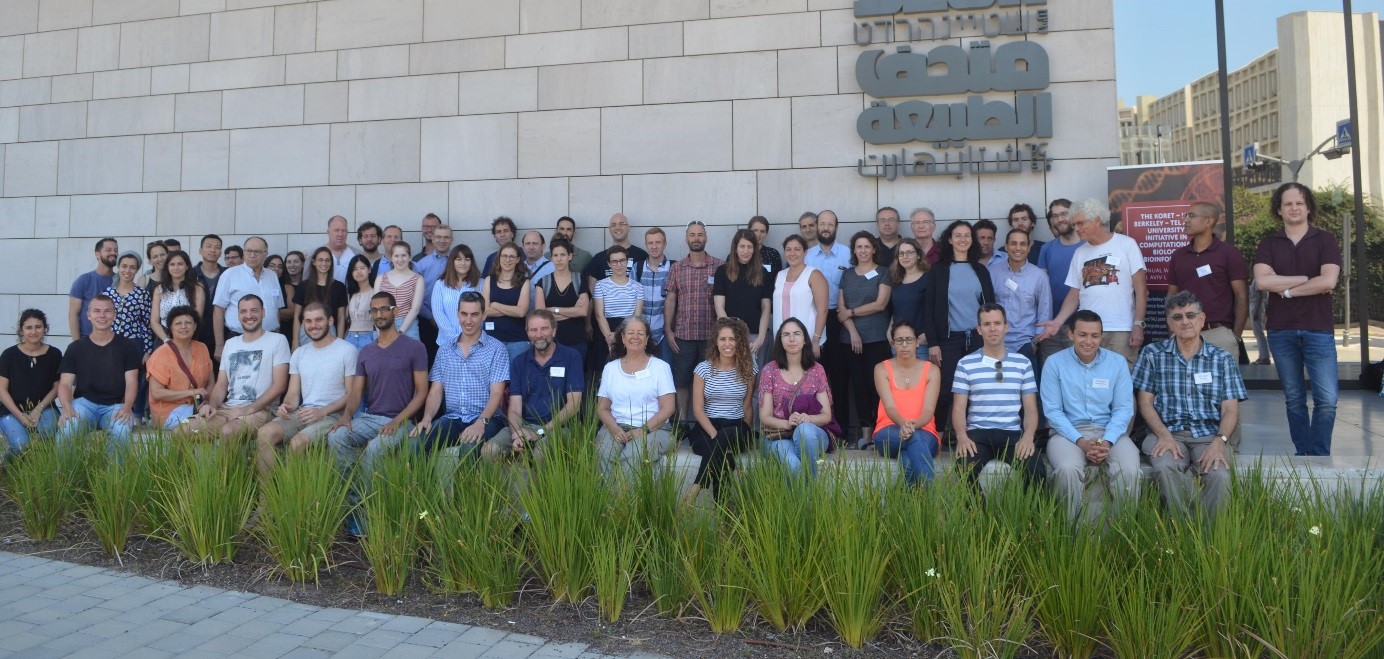US-Israel Collaborations: Predicting and preparing for the next crisis
Diving deep on marine climate science and oceanography
US-Israel Collaborations: Predicting and preparing for the next crisis
Diving deep on marine climate science and oceanography
Faculty at Israeli and Bay Area academic institutions are working together to address major social and public health issues of our day through joint research, scholar exchanges, and sharing knowledge. The scholars have distinct areas of expertise and specialization that complement and build on one another’s strengths.
At the beginning of 2020, just weeks before the pandemic season arrived in full force, scientists at the University of Haifa’s Leon Recanati Institute for Maritime Studies (UH) and UC San Diego’s Scripps Center for Marine Archaeology (SCMA)—two seafront institutions half a world apart—formalized a partnership to study the history of human societies in coastal communities. UH has been a pioneer in maritime archaeology, while SCMA specializes in shallow coastal deep-time studies and specifically on human societies in coastal zones, and how they have responded to changes in climate, environment, and culture. The two institutes’ missions complement each other in significant ways. The collaboration will analyze and dynamically document how earlier societies responded to changes in sea levels and other environmental shifts. The year’s activities were significant and highly collaborative, despite the impossibility of in-person scholar exchange.
Israel’s protected coastal areas are uniquely rich in over 10,000 years of maritime history, from prehistoric to modern times. Last year, the joint team planned an excavation, both physical and virtual, of a Neolithic underwater settlement off Israel’s Carmel coast. The University of Haifa team carried out the excavation, uncovering the remains of well-preserved settlement walls as well as actual artifacts, including flint implements and pottery shards. The team took videos and gathered photogrammetric imagery to share with colleagues in California. The UC San Diego SCMA team processed the data collected in Israel to produce computer models of the underwater excavation site, high-definition maps, and also used 3D printers to build physical models of found objects for subsequent study.
In April 2021, the partners inaugurated a new field station in the Mediterranean coastal town of Akko (formerly known as Acre) in northwestern Israel. The station will host annual field school sessions, publicize research findings, and be a hub for marine archaeology and paleo-environmental science.




